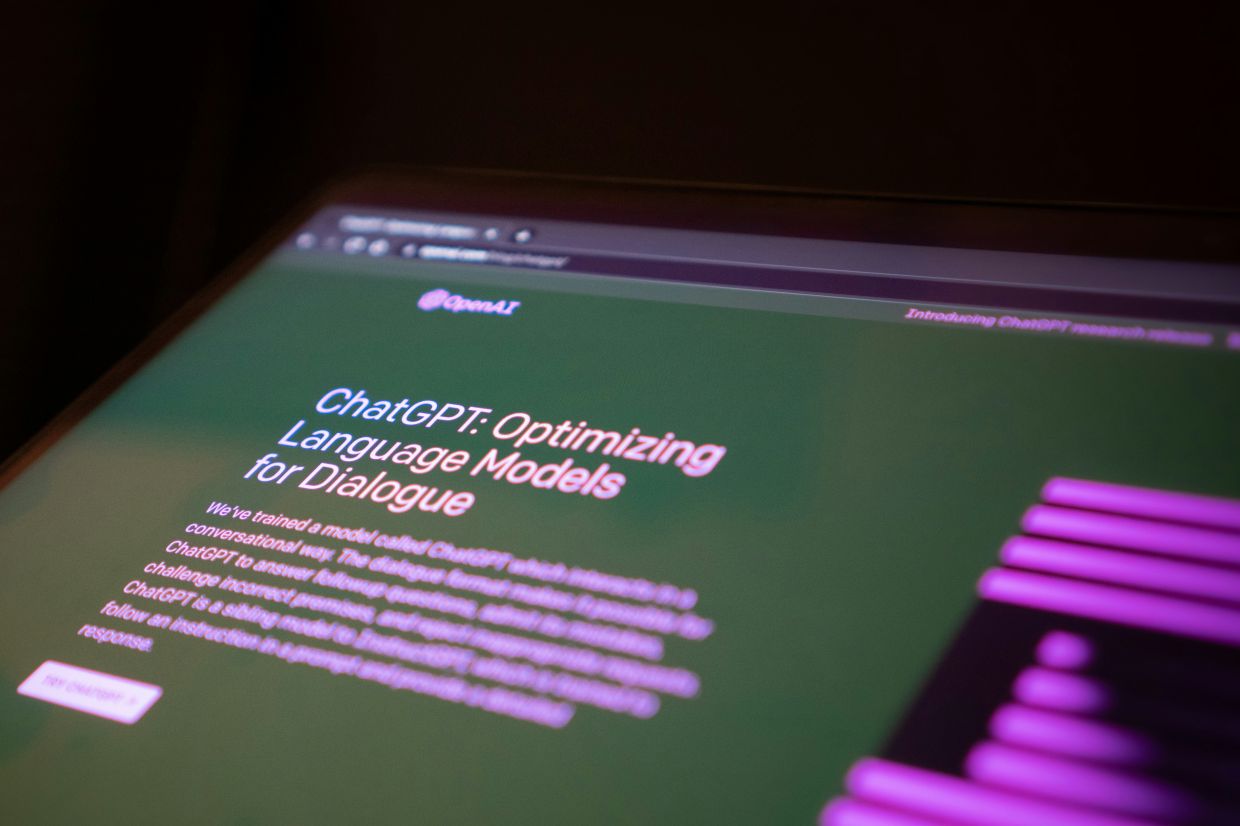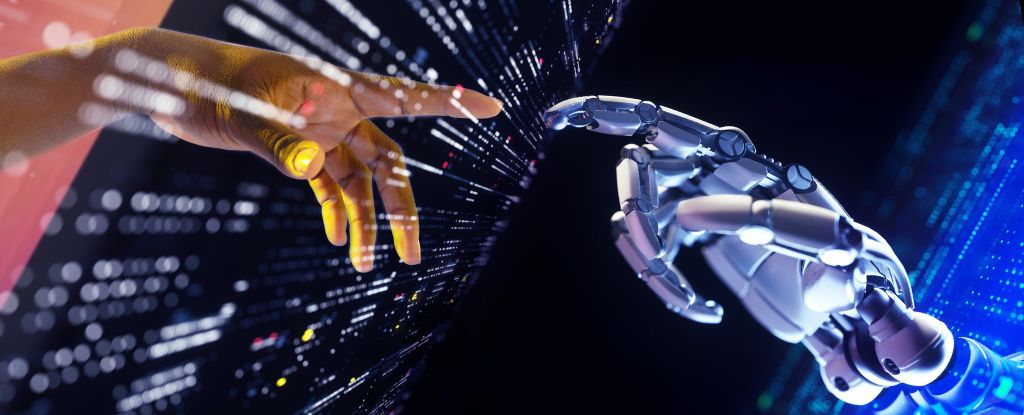The Rise of AI in Everyday Life: Opportunities and Challenges
Author: AI News Team

In recent years, artificial intelligence (AI) has made significant inroads into various sectors of society, transforming the way we live, work, and interact. From city governance to social media platforms, AI is reshaping our world. This article delves into the diverse applications of AI, highlighting the benefits and challenges that accompany its deployment.
One of the more visible uses of AI is in public administration. Take, for instance, the mayor of San Jose, California, who recently asked his aides to utilize ChatGPT to draft talking points for a business ribbon-cutting ceremony. This not only demonstrates how AI can streamline communication but also raises questions about reliance on technology in public service. The mayor's interest in employing AI for communication is part of a broader trend where governments seek efficiency and effectiveness in their operations.

Mayor of San Jose utilizing AI for drafting public statements.
As AI adoption expands in government, there is a growing interest in scaling these technologies across public sectors. The mayor's initiative includes a plan to have a thousand city workers using AI in their daily tasks, showcasing the ambition to fully integrate AI into governmental operations. This raises the philosophical question of how much human discretion should be exercised once AI forms part of the decision-making process.
Contrasting with the optimistic outlook in governance is a more critical stance taken by other organizations regarding social media platforms. In the Philippines, the Department of Information and Communications Technology, led by Secretary Henry Aguda, has threatened to suspend Facebook if it does not implement better content moderation systems. Aguda points out the proliferation of harmful content, including fake news and deepfakes, as significant concerns. His advocacy for cleaner social media mirrors global concerns about the impact of misinformation.

Secretary Henry Aguda addressing issues of online safety and content regulation.
The regulations being proposed touch on a global issue: the responsibility of big tech companies in moderating content. The complexities of regulating platforms like Facebook lie in balancing free speech with the need to protect users from harmful content. It's a challenge that extends far beyond the Philippines, as many countries grapple with similar issues in the wake of growing online radicalization and misinformation.
In the financial sector, innovative uses of AI are disrupting traditional practices. Bitcoin Swift, a next-generation blockchain protocol, recently launched its presale phase, incorporating AI-enabled smart contracts and privacy features like zk-SNARK technology. This move highlights the integration of AI with blockchain, potentially reshaping how transactions are conducted and secured.
Bitcoin Swift's innovative AI-enabled smart contracts aim to transform financial transactions.
The educational sector is not left behind in this AI wave. Recently, Google announced a free offering of its Gemini AI Pro to students in India, aiming to enhance learning experiences with advanced AI tools. As educational institutions increasingly adopt AI, it raises questions about access and equity, especially in regions where resources are limited.
While the benefits of AI in education seem promising, they also underscore the challenges of ensuring equal access to technology. Additionally, concerns abound regarding the possible replacement of human educators with AI systems, raising ethical questions about the future of teaching.
Jensen Huang, co-founder of Nvidia, has emerged as a key figure in the AI revolution. His vision has propelled the company into the forefront of AI development, contrasting sharply with older perceptions of who holds power in the tech industry. Huang's influence reflects the dynamic shifts in technology leadership, as newer leaders emerge to take charge in an increasingly AI-driven world.

Jensen Huang, AI visionary, leading Nvidia's innovative advancements.
However, the rise of AI is not without its downsides. Recent reports indicate that content moderators at TikTok's German office are sounding alarms over potential layoffs as the company plans to replace human jobs with AI systems. This shift seems to threaten the safety and quality of content moderation on the platform, raising concerns about user security.
As the integration of AI into everyday life continues to advance, statistics reveal almost 75% of American teens have reportedly used AI companions. This phenomenon suggests a fundamental change in how young people are forming social connections, potentially reshaping interpersonal dynamics in a digitally driven era.

The relationship between teens and AI companions raises questions about social dynamics.
The proliferation of AI technologies presents opportunities alongside serious ethical concerns. As AI becomes ingrained in various aspects of life, the need for transparent practices, ethical frameworks, and robust regulations grows. Stakeholders, including governments, corporations, and civil society, must collaborate to navigate the complexities introduced by AI.
In conclusion, the integration of AI into our lives is a double-edged sword. It offers unprecedented efficiencies and transformative potential across industries but also threatens societal norms, employment landscapes, and ethical standards. As we embrace AI's advantages, we must remain vigilant and proactive in addressing the challenges it creates, ensuring that this powerful technology benefits humanity as a whole.